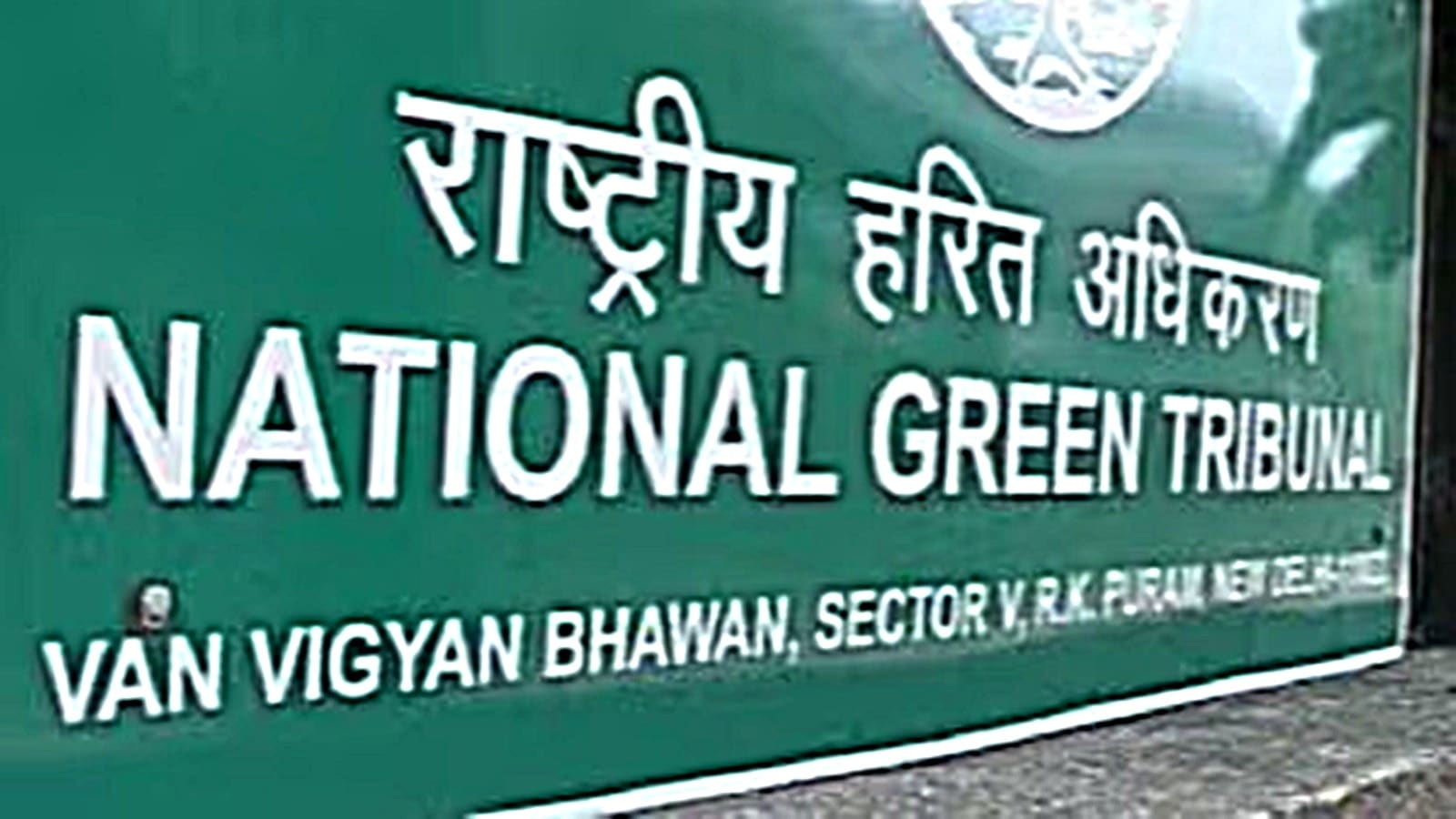Need comprehensive plan for entire NCR, not knee-jerk actions: NGT on pollution
The Tribunal noted that the “serious problem of paddy residue burning arises every year.
 The NGT had directed to form the committee while hearing a plea filed by Aam Aadmi Party leader Nathu Ram Chauhan. In his plea, Chauhan has alleged destruction of Himalayan ecology and natural vegetation during the road widening and upgradation process. (File)
The NGT had directed to form the committee while hearing a plea filed by Aam Aadmi Party leader Nathu Ram Chauhan. In his plea, Chauhan has alleged destruction of Himalayan ecology and natural vegetation during the road widening and upgradation process. (File) The National Green Tribunal (NGT) has asked for a comprehensive plan for the entire NCR to deal with air pollution, after observing that some of the measures taken so far have been “knee-jerk” actions.
The Tribunal had taken suo motu cognizance of a report in The Indian Express on Stage I of the Graded Response Action Plan (GRAP) kicking in in October.
“Because of rains, air quality may have improved. Now that the parali (stubble burning) issue is not there, why should it (AQI) be so high? Secondly, what we feel is, to improve air quality in Delhi, action needs to be taken not only in Delhi, but all of NCR, and there needs to be a comprehensive plan for that… this is a knee-jerk action,” NGT Chairperson Prakash Shrivastava said during Wednesday’s hearing.
“Though various directions have been issued from time to time, the air quality dipped to ‘very poor’ and then ‘severe’, leading to the invocation of GRAP III and IV. It has been pointed out that the air quality has slightly improved, but after considering the AQI from November 19 to 28, we find that during this period, the air quality has remained ‘very poor’ all through, and in fact, dipped to ‘severe’ on November 24. Authorities concerned are required to have a comprehensive prevention plan to ensure that air quality in Delhi is maintained at an acceptable level. So far, no such comprehensive plan in this OA (original application) has been filed,” the Tribunal’s Principal Bench noted.
On GRAP, the Tribunal noted: “The plan relating to stages 1 to 4 relates to measures once air quality goes down to poor. Concerted efforts are required by authorities to ensure that air quality does not go down to even ‘poor’ level and invocation of even GRAP I may not be required. That apart, a comprehensive apportionment study is needed to ascertain the contributory factors resulting in the dipping of air quality. We are also of the view that the air quality in Delhi not only depends on factors prevalent in Delhi, but also on factors in neighbouring areas. Therefore, a comprehensive plan is required for entire NCR.”
The counsel appearing for different authorities in the matter, including the Commission for Air Quality Management (CAQM), have been given a week’s time to place on record an apportionment study and comprehensive plan, if any.
Justice Sudhir Agarwal, judicial member, observed at the hearing, “What is the need of the CAQM? Even the government can do this… measure and impose GRAP. Why has a commission been formed?”
When asked by Justice Agarwal what action has been taken on transport, the counsel for the Delhi government mentioned measures under GRAP. “It is only knee-jerk reaction,” responded A Senthil Vel, expert member.
In a separate matter on farm fires, the Tribunal has directed the states of Punjab and Haryana to prepare a time-bound action plan to deal with farm fires next year.
To prevent the issue of farm fires and mitigate the situation next year, the Tribunal has asked that an action plan, “with commencement right away” till September 1 next year, be prepared with preventive steps and authorities are held accountable for implementation.
The Tribunal noted that the “serious problem of paddy residue burning arises every year. Therefore, for the next year, a comprehensive plan and remedial action needs to start at this stage itself.” The counsel for Punjab informed the court that the action plan will be prepared and submitted in six weeks.







